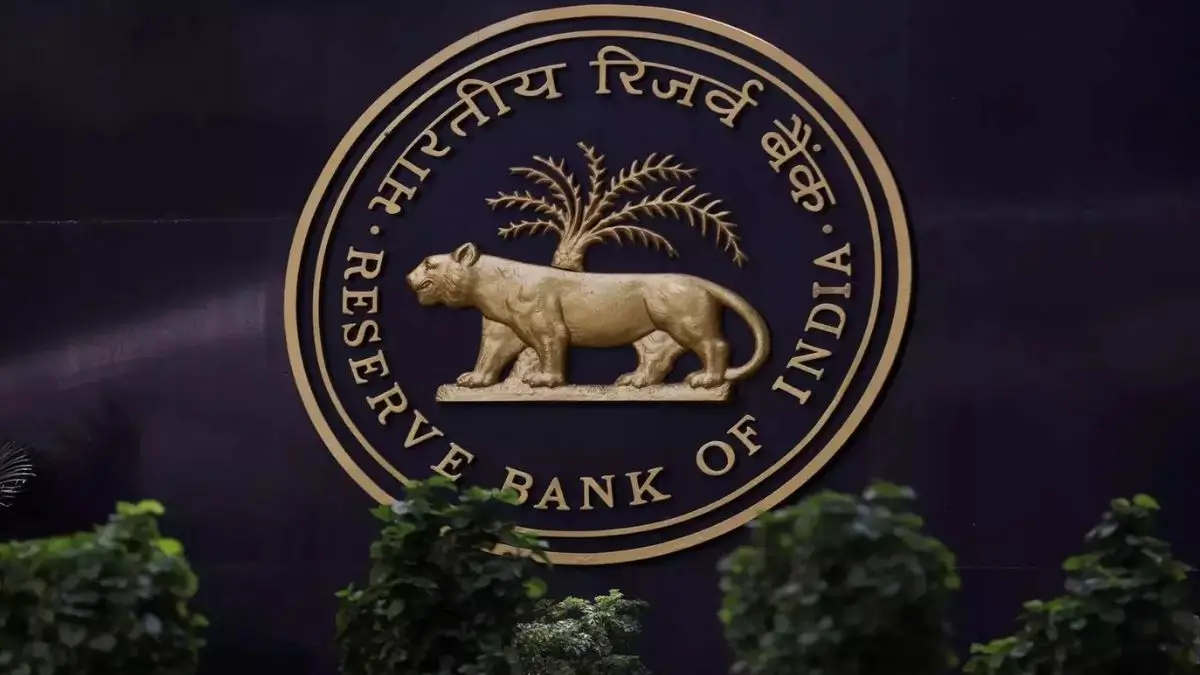The Majestic Tirumala Venkateshwara Temple: History, Location, and Architecture
Introduction to the Tirumala Venkateshwara Temple
The Tirumala Venkateshwara Temple, located in Tirupati, Andhra Pradesh, is one of the most revered Hindu pilgrimage sites globally. Dedicated to Lord Venkateshwara, an incarnation of Lord Vishnu, this temple attracts millions of devotees each year. Its rich history, stunning architecture, and spiritual significance make it a focal point for both devotees and tourists alike.
Historical Background of the Temple
The origins of the Tirumala Temple can be traced back to the 9th century when it was constructed by the Pallava kings. Over the centuries, it has been patronized by various dynasties, including the Cholas, Pandyas, and the Vijayanagara Empire. The temple has undergone numerous renovations and expansions, reflecting the diverse cultural influences that have shaped its architecture and rituals.
Architectural Marvel
The temple’s architecture is a stunning blend of Dravidian and Indo-Saracenic styles. The most notable feature is the ‘Vimana’ (the temple tower) above the sanctum sanctorum, which is adorned with intricate carvings. The ‘Ananda Nilayam’ (the main shrine) houses the deity and is richly decorated with jewels and floral motifs. The temple complex also includes various mandapas (halls) and sacred water bodies, enhancing its spiritual ambiance.
Importance of Rituals and Festivals
The Tirumala Temple is known for its elaborate rituals and festivals, including the Brahmotsavam, which is celebrated annually with grandeur. Devotees participate in various offerings, including the famous ‘Tirupati laddu,’ which is an integral part of the temple’s traditions. The rituals not only attract devotees but also serve to preserve the rich cultural heritage of the region.
Tourism and Economic Impact
As a major pilgrimage site, the Tirumala Temple significantly contributes to the local economy. It generates substantial revenue through donations, offerings, and tourism-related activities. The management of the temple also engages in various welfare programs, benefitting the local community and promoting sustainable tourism.

Why This News is Important
Cultural Significance
Understanding the Tirumala Venkateshwara Temple is crucial for appreciating India’s rich cultural and religious diversity. It serves as a prime example of the intertwining of faith and heritage, showcasing how historical sites contribute to the cultural fabric of a nation.
Educational Insight
For students preparing for government exams, knowledge of such significant temples is essential as it often features in various subjects, including history, culture, and general studies. Recognizing the temple’s role in Indian society can provide valuable insights into socio-economic impacts and cultural heritage.
Tourism and Economy
The temple’s influence on local and national tourism emphasizes the economic importance of religious sites. Students should understand how such sites generate employment and foster economic growth, which is crucial for civil service roles focused on economic planning and development.
Heritage Conservation
This temple is a testament to the importance of preserving historical sites. As future civil servants, students must appreciate the balance between development and heritage conservation, recognizing the role of such sites in maintaining cultural identity.
National Integration
The Tirumala Temple attracts devotees from various regions, promoting unity in diversity. Understanding its impact on national integration can help students in roles related to social cohesion and community development.
Historical Context
The Tirumala Venkateshwara Temple’s history reflects the evolution of religious practices in India. Initially built by the Pallava dynasty, the temple saw significant contributions from later rulers, including the Vijayanagara kings, who were instrumental in its expansion. The temple has also been a center for various devotional movements, notably the teachings of saints like Ramanuja, who emphasized devotion to Lord Vishnu.
Over centuries, the temple has evolved, incorporating rituals and festivals that resonate with a diverse range of devotees. Its status as a major pilgrimage site can be linked to the socio-political dynamics of the region, with rulers often using patronage of temples to consolidate power and influence.
Key Takeaways from “The Majestic Tirumala Venkateshwara Temple”
| Serial Number | Key Takeaway |
|---|---|
| 1 | The temple is dedicated to Lord Venkateshwara, an incarnation of Lord Vishnu. |
| 2 | Its origins date back to the 9th century, with various dynasties contributing to its development. |
| 3 | The architectural style is primarily Dravidian, featuring intricate carvings and a magnificent Vimana. |
| 4 | The temple plays a crucial role in the local economy through tourism and religious offerings. |
| 5 | It serves as a symbol of national integration, attracting devotees from across India. |
Important FAQs for Students from this News
1. What is the significance of the Tirumala Venkateshwara Temple?
The Tirumala Venkateshwara Temple is significant for its religious importance as one of the most visited pilgrimage sites dedicated to Lord Vishnu. It is a center of cultural heritage and a major contributor to the local economy.
2. When was the Tirumala Temple originally built?
The temple’s origins date back to the 9th century, attributed to the Pallava dynasty, and it has been expanded and renovated over the centuries by various dynasties.
3. What architectural style is prominent in the Tirumala Temple?
The temple exhibits a stunning Dravidian architectural style, characterized by intricate carvings and a prominent Vimana above the sanctum sanctorum.
4. How does the temple contribute to the local economy?
The Tirumala Temple generates revenue through donations and tourism, significantly boosting local businesses and providing employment opportunities.
5. What festivals are celebrated at the Tirumala Temple?
The Brahmotsavam is one of the major festivals celebrated at the temple, attracting thousands of devotees for various rituals and processions.
Some Important Current Affairs Links

















